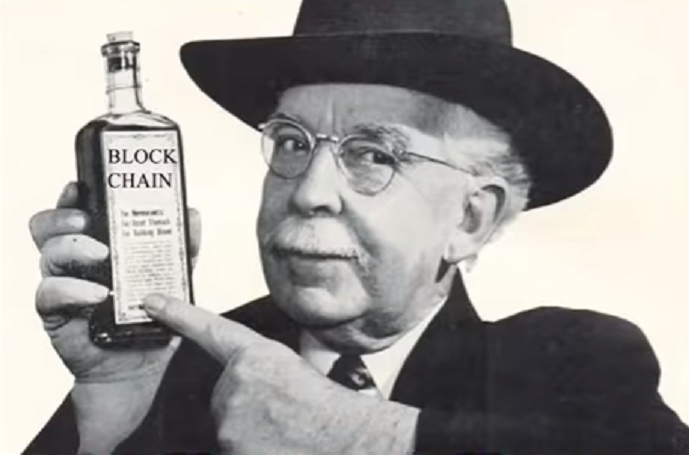After the gold rush: ICO summer still in full swing
The crowdfunders gathered at this week's World Blockchain Forum: Investments and ICOs.

Attempting to pinpoint formative periods leading up to the 2001 dotcom crash, one analyst at Nomura compared Geneva's 1999 World Telecommunications Exhibition to Woodstock.
Hundreds of besuited marketing men were running around preaching the gospel according to mobile internet. Unbeknown to them, the light at the end of the tunnel was an oncoming train.
The point being made is that bubbles grow in stages; one unproven technology inflates another, for example, in a heady mix of promise and potential. The other thing to note is, in hindsight, these people were not wrong in their predictions – just rather premature.
It's easy to bash initial coin offerings (ICOs), a new way of crowdfunding technology projects by issuing tokens on a blockchain, which is itself a new type of database with shared memory and no central administrator. The promise of blockchain technology (little or nothing actually works yet) follows the enduring growth of the Bitcoin blockchain, which can be said to secure the value of its tokens by the amount of energy an army of computers must burn through to verify the state of the system.
The ICO phenomenon is rather worryingly unsecured however, a further inflationary stage built on the promise of blockchain. Despite the fact China recently banned ICOs and the Securities and Exchange Commission (SEC) is probably considering them mostly to be securities, the token rush is in full swing.
This week's World Blockchain Forum: Investments and ICOs adequately demonstrated the hysteria. Hundreds were in attendance at East London's trendy Oval Space, arguably the hipster capital of Europe (possibly the world).
There was standing room only in the main hall, where some of the most exuberant, pseudo-scientific blockchain woo-woo imaginable was being bandied from the stage. Around the coffee stations, fruit bars and exhibition stands, people earnestly discussed the fineries of crypto-economics, aligned incentives, ERC20 tokens and the like.
One lawyer based in the Caymans told IBTimes UK he was there because the hedge fund clients he deals with are showing a strong interest in the token world. On the subject of attracting ICOs to the Caymans, he talked up the usual regulatory assurances, and added that it offered a cheaper ICO destination (around $30,000) than say Zug, which he'd heard was getting expensive at around €100,000.
Asked if he saw undue risk, he said it's important to keep an eye on "style drift", the divergence of a fund from its stated investment style or objective. He agreed this would probably include using the funds raised in an ICO to invest in other ICOs, which invest in other ICOs and so on (one of the reasons the Chinese government pulled the plug on token sales).
At one stand, a French company selling domain names was counting down to the close of its token sale. Asked if they were doing a decentralised DNS, they said no. But they did point out that they were an established company who had decided to do an ICO to raise funds. How much had they raised? €25m and counting. "We advertised our ICO on TV," they clarified.
Back on the main stage it was time for the first quickie ICO pitching session. A Russian woman explained that her company's decentralised database had raised $5m in the last week. There were a couple of VR blockchain applications on show; a decentralised LinkedIn had gathered 27,000 ETH (about $9m). To be fair, most of these were interesting projects; probably the current cream of the ICO ecosystem.
A company called BlackMoon said it was a "one-stop shop to tokenise real securities". They had planned a 10-day ICO, but had raised $30m in two hours. They had been "very accurate with bonuses, discounters, bounties, sub-curation funding for tokens; it was all limited to 3% of tokens; no 30-40% discount at pre-order.
"It made us quite unusual," said the founder. "It stopped us from onboarding whales. We got 9000 plus investors from 130 countries – and no China!"
Another startup "leveraging the wisdom of the crowd and blockchain" said so-called experts – fund managers, agents, brokers – cost everyone money. Following their ICO, the plan was to do another thing called an IFO (initial fund offering). The lady presenting said the hard cap was $20m, "come and see me afterwards," she added.
© Copyright IBTimes 2025. All rights reserved.






















